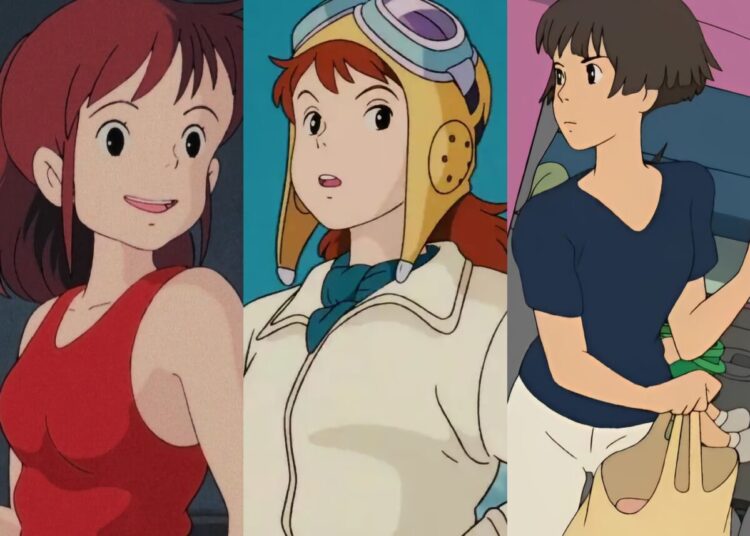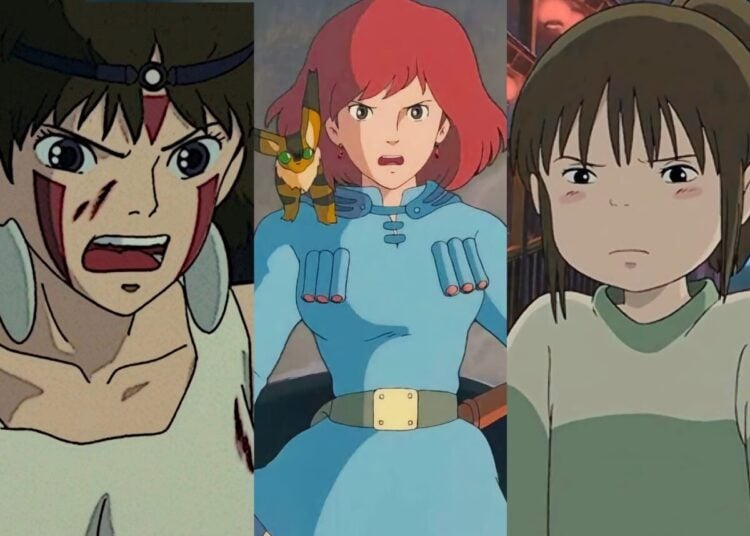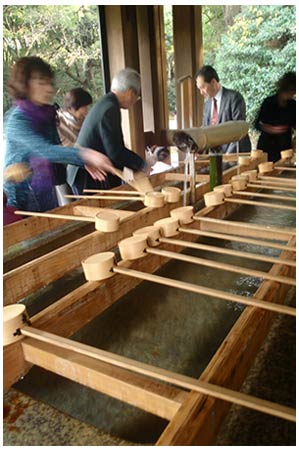Recently I wrote about a class of four-character compound words that are fun for students of Japanese to learn because they’re so creative and unlike anything we have in English. For example, there’s nana-korobi ya-oki, translated as “fall down seven times, get up an eighth,” which is a positive slogan about being tenacious when life tries to get you down, or happo bijin (ha-poh bi-jeen) literally meaning “eight-direction beauty person” and describes someone who tries to be liked by everyone but ends up being popular with no one. Another word I like is issho kenmei (ee-show ken-mei), which literally means “to try very hard, as hard as anything you’ve ever done in your life.” Like the verb ganbarimasu (to do one’s best, to work hard), this phrase represents a big part of the Japanese study/work ethic that really defines Japan as a nation today. When I make up my mind to do something, I’m the kind of person who works issho kenmei at it, whether it’s climbing Mt. Fuji, learning Japanese or creating a company to sell Totoro bento boxes and Japanese squeaking hammers to people all over the world, a passion I got by observing the Japanese. Perhaps the most famous symbol of being issho kenmei are those traditional Japanese hachimaki headbands, which are worn by anyone who is fired up with passion for something, including high school students studying for their university entrance exams, new employees in a company opening ceremony, volunteers at a political rally or gaijin studying Japanese.
















